Mozambique expects to sign a new program with the IMF this year
Mozambique: Crisis could worsen if banks do not buy sovereign debt

A Mozambican analyst warns that the Mozambican government continues to face difficulties paying its bills, with external financing not an option because of the hidden debt scandal.
The financial crisis could worsen in Mozambique. According to the newspaper “@Verdade”, Mozambican banks are failing to buy Mozambique sovereign debt securities. This is bad news for the government because, as Mozambique has no access to external financing due to illegal indebtedness dating from the era of President Guebuza, it urgently needs commercial bank finance.
In an interview with DW Africa, Adérito Caldeira, Deputy Director General of the newspaper “@Verdade”, DW Africa’s online partner, explains that the fact that the national banks no longer trust the Mozambican state could be a hindrance to financing the government’s budget deficit.
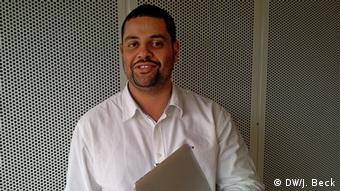
DW Africa: Do the Mozambican government’s current financial problems contrast with the optimistic discourse of Filipe Nyusi’s executive?
Adérito Caldeira (AC): Official information suggests that the crisis has already passed and that the economy is recovering, but in the real economy, mainly the execution of the state budget, the government continues to have difficulties paying its bills, and I also know that not all civil servants have yet been paid their July salaries.
DW Africa: Can more wages arrears be expected in the public sector in the near future?
AC: Nobody knows for certain, because the government accounts are not completely public. But I have no memory, in recent years, of public wages being late.
DW Africa: So far Mozambican banks have bought Mozambican treasury securities and thus helped the government finance itself. Is this now changing?
AC: Exactly so. This year, the 2018 State Budget has a deficit of 80 billion meticais [about EUR 1.2 billion]. This is more or less the amount of treasury bonds that the government has asked for authorisation to place on the market this year. But since May, the government is apparently struggling to place these bonds on the market. The government has had difficulty placing treasury bonds in the last two auctions held on the stock exchange. There was an auction in May when the government was trying to finance 1.5 billion meticais and in a second attempt it eventually agreed to issue tickets for about 200 million meticais. Latest of all, now in June, there was demand for only 12 million, where the government’s expectation was 1 billion [meticais], and the auction was suspended due to lack of demand. In principle, they should try again in the next few days.
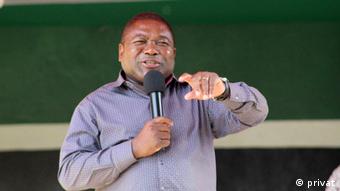
DW Africa: If there is a lack of internal financing, can the government use external financing?
AC: No, the government of Mozambique is not yet formally able to finance itself abroad because of the illegal debts – which are no longer a ‘hidden’ issue. There is some outside funding coming in, but it is for specific programmes, particularly in the fields of education and health – little else. The government does not have many places where it can look for [funding] at this time.
DW Africa: Are the current problems of the Filipe Nyusi government due to its fiscal policy or are they really problems from before- possibly Armando Guebuza’s time?
AC: They come from that time, because they were created at that time. Although public debt, concretely, did not exist in this dimension in the time of President Guebuza, much of the external indebtedness began before. Broadly speaking, during the governance of President Nyusi there has been no major public infrastructure to begin with – public works are among the sectors that have had the smallest budget in the past two years.
DW Africa: Are civil society and the economists themselves aware of the problem?
AC: They are aware of the problem, because it has been worsening. It is not really new, but there has been very little debate on this subject. I believe that this week alone, for example, the confederation of businesspeople warned of the state’s indebtedness which is limiting financial access for the productive sector. But little is said of the subject – not because it is not felt, but little is said. I venture to say that I have been one of the few who have regularly kept the spotlight on this subject.
DW Africa: And has the government started efforts to control public spending?
AC: There has been an effort to increase revenue, of that there is no doubt. The Tax Authority, in each period, is increasing the collection, but it is always squeezing the same (taxpayers). For example, a large campaign of collection of delayed Social Security revenue is happening, because many companies have not been paying it lately. However, a large part of these companies that have not paid Social Security are companies that yet have to receive payment for works and services that they have provided the state over the last four or five years. The state claims it is conducting a survey to find ways to pay, but while this is happening companies have to survive, and there is no foreign direct investment, the economy being as it is. There are not many alternatives to the state as client at this time.



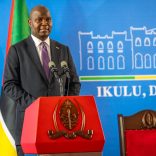
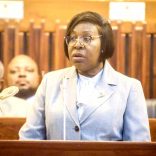
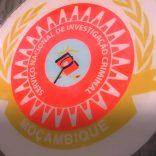

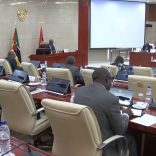



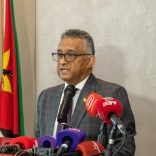

Leave a Reply
Be the First to Comment!
You must be logged in to post a comment.
You must be logged in to post a comment.